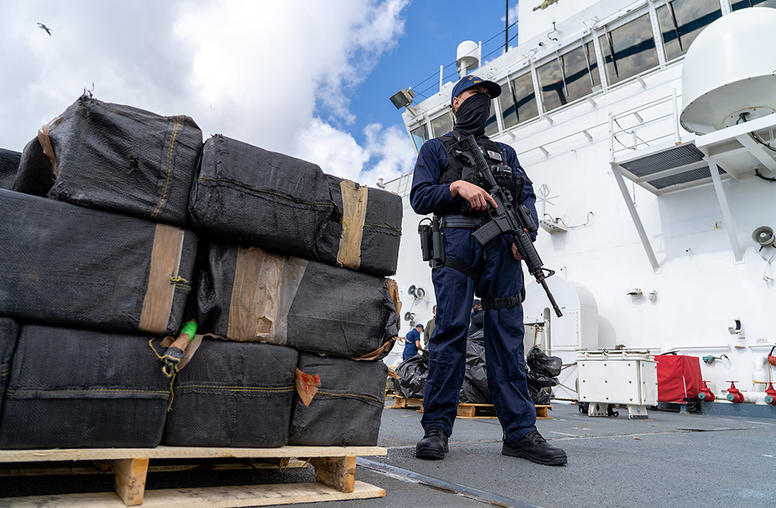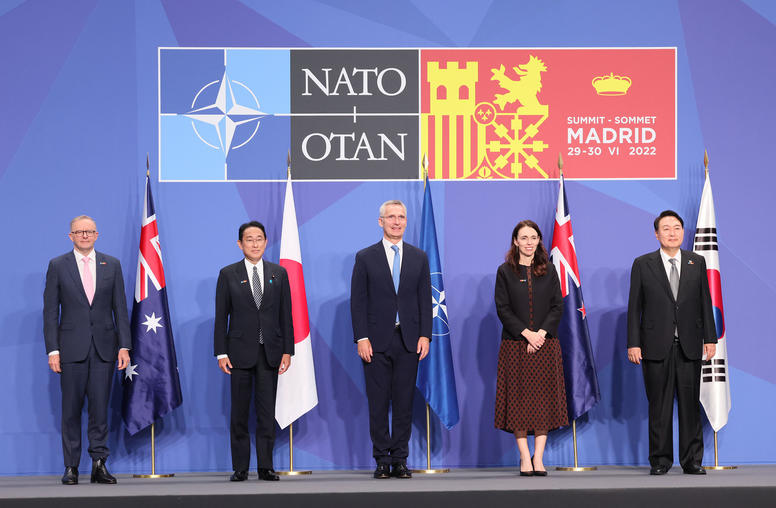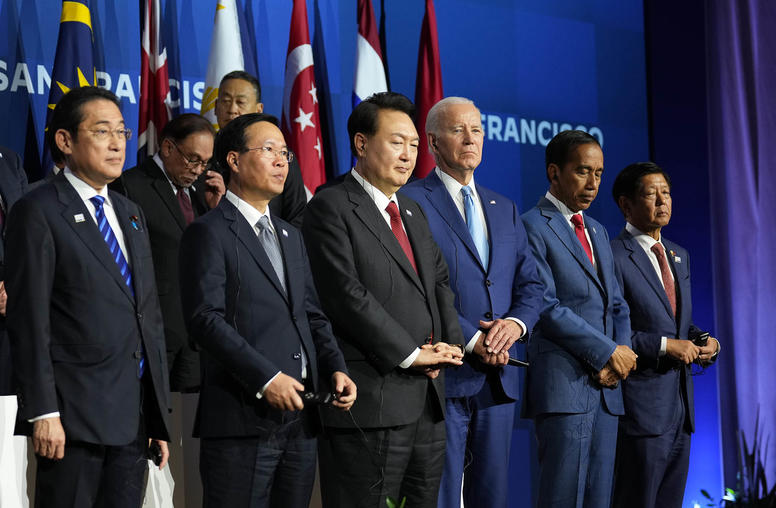The Growing Importance of NATO’s Indo-Pacific Partners
Views from the Region on NATO Relations and the Vilnius Summit
For the second year in a row, the leaders of Australia, Japan, New Zealand and the Republic of Korea will join NATO members for the alliance’s summit, taking place in Vilnius, Lithuania. Although relations between NATO and its Indo-Pacific partners are well established, engagement with these four countries has taken on greater salience with the return of strategic competition in both the international system and the Indo-Pacific region specifically. The global impact of Russia’s war against Ukraine and the strategic challenges posed by a more assertive China have shown that today’s security issues transcend regional boundaries. Similarly, new challenges in realms such as cyber, space, and emerging and disruptive technologies provide additional imperatives for cooperation.
On July 11, USIP hosted a conversation with representatives of Australia, Japan, New Zealand and the Republic of Korea on such challenges and where NATO-partner relations fit in. The discussion provided insights into deepening relations with the alliance and cooperation between the Indo-Pacific and Euro-Atlantic to support security, resilience and the rules-based international order.
Continue the conversation on Twitter using the hashtag #NATOandIP4.
Speakers
Ambassador Kevin Rudd
Embassy of Australia to the United States
Tamaki Tsukada
Chargé d'Affaires, Embassy of Japan to the United States
Ambassador Bede Corry
Embassy of New Zealand to the United States
Choon-goo Kim
Deputy Chief of Mission, Embassy of the Republic of Korea to the United States
Ambassador Karl Eikenberry, moderator
Senior Military Advisory Group, U.S. Institute of Peace



